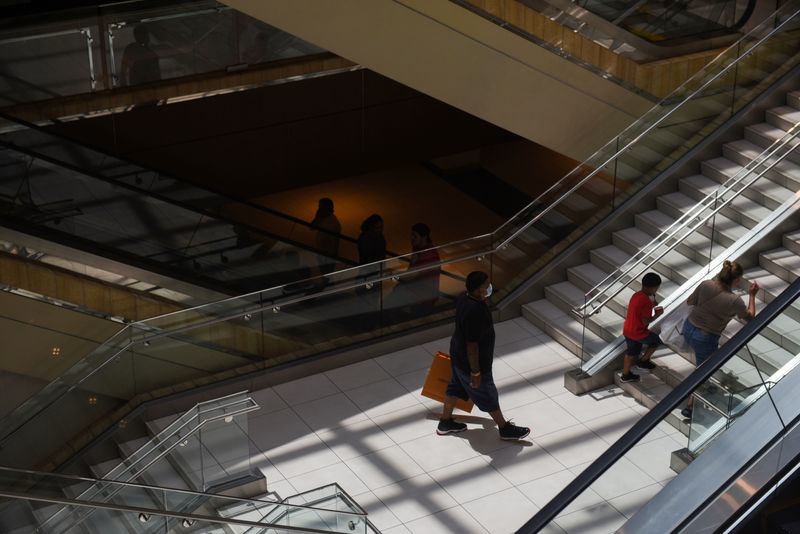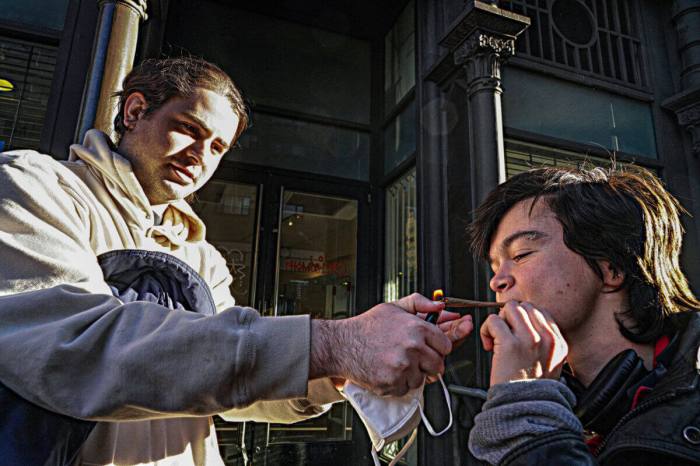(Reuters) – U.S. consumers felt slightly more optimistic about their finances and job security in May as businesses began to reopen and rehire workers following the easing of coronavirus-related restrictions, according to a survey released on Monday by the New York Federal Reserve.
While the economic effects of the coronavirus pandemic were still broadly evident, the findings support recent employment data suggesting the worst of the job losses caused by the pandemic may have passed.
The share of Americans expecting the U.S. unemployment rate to be higher a year from now dropped to an average 38.9% in May, from 47.6% in April. Perceived chances of losing a job in the next year also dropped to an average 18.7% in May from 20.9% in April, but was still well above the 12-month average of 15.2%.
The U.S. economy added 2.5 million jobs in May and the unemployment rate dropped to 13.3% from 14.7%, the Labor Department said on Friday. The unexpected improvement came after the U.S. labor market shed a record 20.7 million jobs in April, suggesting the job losses may have bottomed out for now as more Americans are called back to work, but that the recovery could be long.
Consumers told the Fed they expected their earnings to grow by a median 2% over the next year, up from 1.8% in April.
Despite feeling slightly more secure in their jobs, consumers said they were worried about being able to afford main household expenses down the line.
Median expectations for inflation over the next year increased to 3% from 2.6% in April, with consumers saying they expect food and gasoline to become much more expensive. Prices for both are expected to increase by 8.7% and 7.8%, respectively, over the next year – the most since the survey was started in 2013.
The survey of consumer expectations is a monthly poll based on a rotating panel of 1,300 households.
(Reporting by Jonnelle Marte; Editing by Andrea Ricci)


















